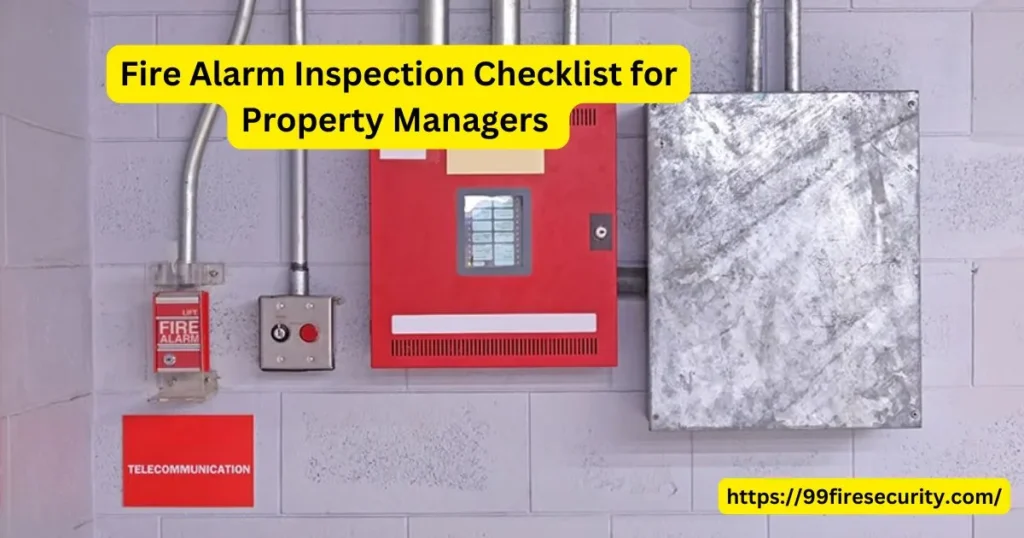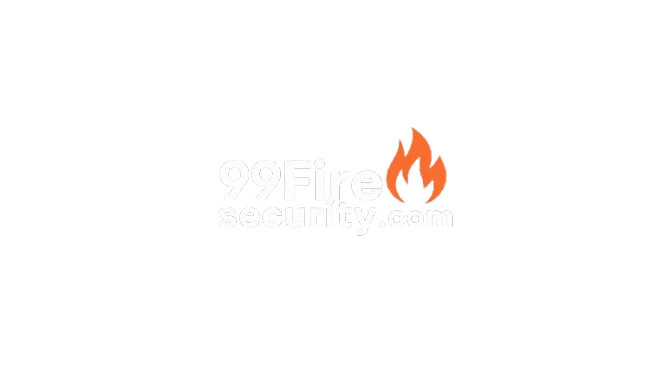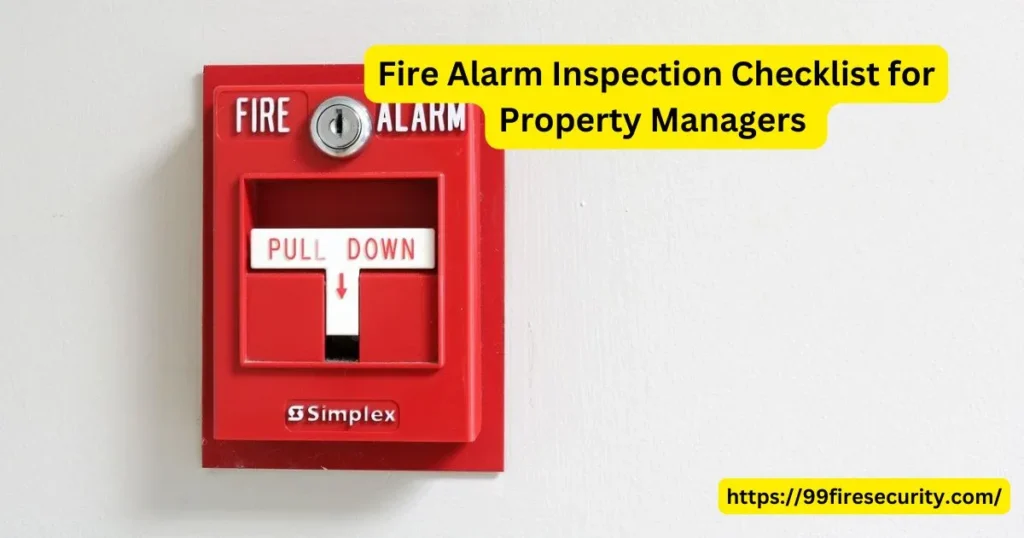Introduction
Fire alarm systems are critical to building safety, particularly in multi-tenant properties. It is a key aspect of responsibility of property managers that fire alarm inspection need to be operational at their best. Routine checks save lives, stave off property loss, and keep you in good standing with local regulations.
All about Fire Alarm Inspection Requirements
Legal and Safety Regulations
There are specific safety codes your local jurisdiction runs your fire alarm system against to determine this criterion. These are generally based on guidelines from the National Fire Protection Association (NFPA) and must be inspected regularly to remain compliant.
NFPA Standards (National Fire Protection Association)
There are various codes that establish requirements for the installation and maintenance of fire alarms, such as NFPA 72. It advises annual inspections by qualified experts and periodic checks of system components during the year.
Explanation of Regular Inspections
An alternative consideration: Routine fire alarm inspection are required not only for compliance with the law. False alarms can slow down evacuations during emergencies which could have catastrophic results.
Pre-Inspection Preparations
Gathering Documentation
Before each inspection, gather all relevant documents including system blueprints, previous fire alarm inspection reports and maintenance records. This processing time will allow identify recurrent issues and facilitate this processing in the future.
Professional Scheduling of Inspections
Foster alliances with credentialed fire alarm technician. Such expertise can go far in assessing your system against regulatory requirements.
Notification to Tenants Of Inspection Work
Advise residents ahead of time as to when the inspection will take place. That ensures little interruption and collaboration throughout the journey itself.

Fire Alarm Inspection Part Checklist
Alarm Control Panels Inspections
- Verify the control panel shows normal operation.
- Look for error codes, warning lights, or other signs of malfunctions.
- Check to see that system resets and alarm silencing are working.
Verifying Power Supply
- Test the main power source to ensure it supplies consistent electricity.
- Check backup batteries for corrosion, voltage and charge levels.
Testing Smoke Detectors
- Ensure that detectors are positioned in suitable locations, including hallways and common areas.
- Manage Dust/Debris: Clean detectors, removing any dust or debris that could impact sensor performance.
- Use approved testing tools to verify functionality of each detector.
Inspecting Heat Detectors
- Make sure that heat detectors are located in areas of extreme temperature changes like kitchens or boiler rooms.
- Use a heat-testing tool to see how they respond to heat.
Testing Manual Pull Stations
- Hold fire alarm signal stations are prominent and recognized.
- Confirm on each station that it activates the alarm system at once.
Checking Alarm Notification Devices
- Check siren, strobe and other sound and visual alert devices.
- Train the system to be ADA complaint for accessibility.

Testing Fire Alarm Communication Systems
- Check that the alarm system communicates properly with monitoring stations.
- Test the signal strength and response times for emergency alerts.
Typical Issues Inspectors Encounter
- Faulty detectors, weak backup batteries and damaged wiring are common offenders during inspections. Routine maintenance can help prevent these issues — which saves time and money.
Record Keeping and Compliance
- It is important to keep a thorough log of each inspection and repair made. Opinion-based records demonstrate compliance during audits and may be referred to when updating the system.
How to hire a Certified Fire Alarm Inspector
- Certified professionals cover every aspect of inspection. Select inspectors who have experience with large properties and how local rules and regulations apply.
Fire Alarm Inspection Cost
- These vary by system size, property size, complexity, and the rates charged by the service provider. These expenses should be part of the annual budgets of property management companies to run smoothly.
Tips for Property Managers
- Schedule inspections for off-peak hours to reduce interruption.
- Train tenants on fire safety and evacuation procedures.
- Compensate for the burden of compliance with necessary upgrades in to accommodate changing regulation.

Conclusion
Most properties are required to get fire alarm inspection from time to time as part of property management. Following this checklist and working with certified professionals will help you protect tenant safety, lower liability risks, and keep in line with fire safety regulations.
FAQs
How often should a fire alarm be inspected?
Fire alarms are required to be inspected each year and certain components need to be checked periodically, for instance batteries or detectors.
Are tenants allowed to be present for fire alarm inspections?
Yes, but tenants must be given notice in advance to lessen the disruption.
How much do fire alarm inspections usually cost?
Price tags of $200 to $500 vary based on property size and system complexity.


